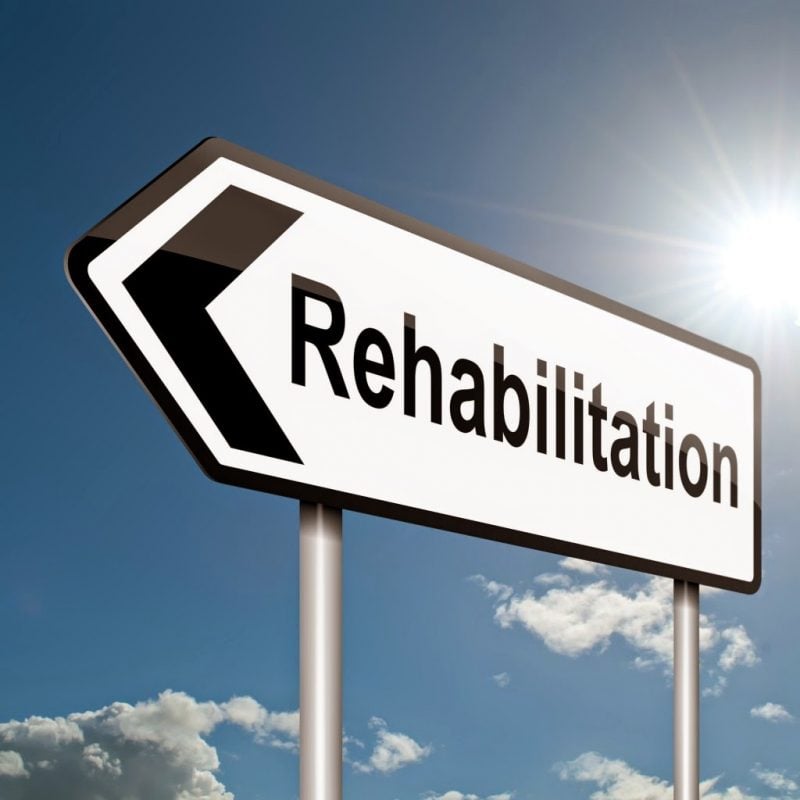A Comprehensive Guide to Financing Rehab and Managing Life’s Essentials
Securing treatment is a critical step towards recovery when faced with the challenge of addiction. However, the cost of rehabilitation services can often be daunting. This guide explores effective strategies to afford and manage the financial aspects of addiction treatment, ensuring that nothing stands in the way of the journey to recovery.
Understanding the Cost of Addiction Treatment
The road to recovery begins with acknowledging the need for help, but what follows can be a maze of decisions about where to go and how to pay for it. Rehabilitation programs vary widely in terms of length, intensity, and types of services provided, all of which significantly impact the overall cost. Inpatient programs typically require a higher financial commitment due to their comprehensive nature, providing 24-hour care, including medical and psychological support. On the other hand, outpatient treatment can be a less expensive alternative, offering therapy and support while allowing people to stay consistent in their daily routines.
Costs of treatment can range from just a few thousand to tens of thousands of dollars, influenced by the facility’s location, amenities, and reputation. It’s essential to do thorough research to understand what each program offers and what is covered under your budget. As you navigate this complex terrain, keep an eye out for the signs of substance abuse in yourself or your loved ones, as early intervention can often simplify the recovery process and potentially reduce the cost of treatment.
Exploring Insurance Coverage and Government Aid
One of the first steps in managing rehab costs is to investigate the extent of coverage under your health insurance plan. A lot of insurance plans under the Affordable Care Act cover addiction treatment to some extent. This coverage can include detoxification, outpatient therapy, inpatient rehab, and follow-up counseling. To understand the specifics, it’s advisable to reach out to your insurance provider and find out what is covered and any associated out-of-pocket costs.
In addition to private insurance, government programs like Medicaid and Medicare can also provide necessary financial support for addiction treatment, particularly for those with limited resources or those who are older. Each state has different rules for Medicaid, but most cover some form of addiction treatment. Veterans may also have additional coverage options available through the Department of Veterans Affairs.
Alternative Financing Options
Not everyone has insurance, and even those who do might find that not all costs are covered. In these cases, alternative financing can play a crucial role in accessing necessary treatment. Many rehab facilities offer fees based on income, making it more affordable for those with lower earning power. Payment plans are another option, allowing the cost to be spread out over time to lessen the immediate financial burden.
For those needing additional help, several nonprofits and charitable organizations offer grants and scholarships specifically aimed at covering rehab costs. These can be invaluable resources for individuals struggling to fund their treatment. Crowdfunding has also emerged as a way to raise funds for rehab among communities, providing a platform for friends and family to contribute financially towards a loved one’s recovery.
Seeking Support Through Community Resources and Non-Profits
While navigating the costs of rehab can be overwhelming, numerous community resources and non-profit organizations are available to offer support and financial assistance. These entities often operate with the goal of making recovery accessible to as many people as possible, regardless of their financial situation. Local community centers, churches, and support groups typically have information on low-cost or donation-based treatment options and may also connect individuals with counseling and support services at reduced rates or for free.
Some non-profit organizations may offer grants or scholarships that can cover partial or full costs of treatment programs. These opportunities are often underutilized due to a lack of awareness. Reaching out to organizations dedicated to addiction recovery can provide you with a list of potential scholarships and eligibility criteria, which can significantly alleviate the financial strain of rehabilitation services.
Managing Pet Care During Rehab
For many undergoing treatment, the well-being of their pets is a significant concern that can add to the stress of entering rehab. Knowing that your furry family member is safe, healthy, and happy can provide peace of mind and let you be more present in your recovery. There are several options for managing pet care during this time, from boarding facilities to hiring a pet sitter. Boarding offers a secure environment for your pet and is typically staffed by trained professionals who can handle the specific needs of your animal, including feeding, exercise, and medical care.
However, a pet friendly rehab might be the ideal solution. This means that if you have a pet at home and no one is able to take care of it, the rehab will do everything in its power to help you figure that out. Sometimes, that means you’re even encouraged to bring your pet with you; it’s always on a case-by-case basis, no matter what the rehab’s website says. The easiest way to find out if you can bring your beloved pet to rehab is to give the rehab center a call and let them help you sort out the logistics. Some rehabs have recognized the therapeutic benefits pets can offer and have begun to integrate pet-friendly policies into their programs.
Staying Committed to Recovery Post-Treatment
After completing a rehab program, the journey to lasting recovery continues. It’s crucial to plan for post-treatment care, which can include ongoing therapy, support groups, and possibly additional outpatient services. Many rehab centers offer aftercare to help individuals get back to their daily lives while maintaining sobriety. These programs are designed to provide a supportive network and resources to prevent relapse.
Budgeting for these ongoing costs is essential. Some individuals may choose to set aside a portion of their savings for continuous care or explore flexible spending accounts through their employer if available. Additionally, staying connected with alumni networks and local support groups can provide both emotional support and access to shared resources that can ease the financial burden of ongoing care.
By exploring all available resources and considering the needs of your whole life, including care for your pets, the path to recovery can be made more accessible. The goal of rehab is not just to treat addiction but to restore your overall well-being and enable you to lead a fulfilling life post-recovery. With the right preparation and support, you can overcome the financial challenges and focus on what truly matters—your health and recovery.




